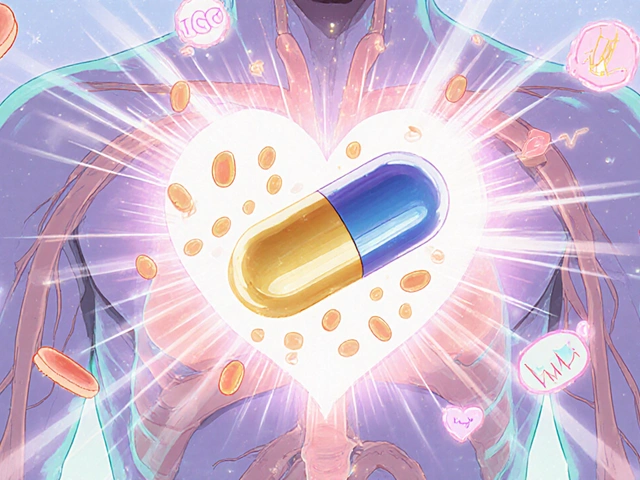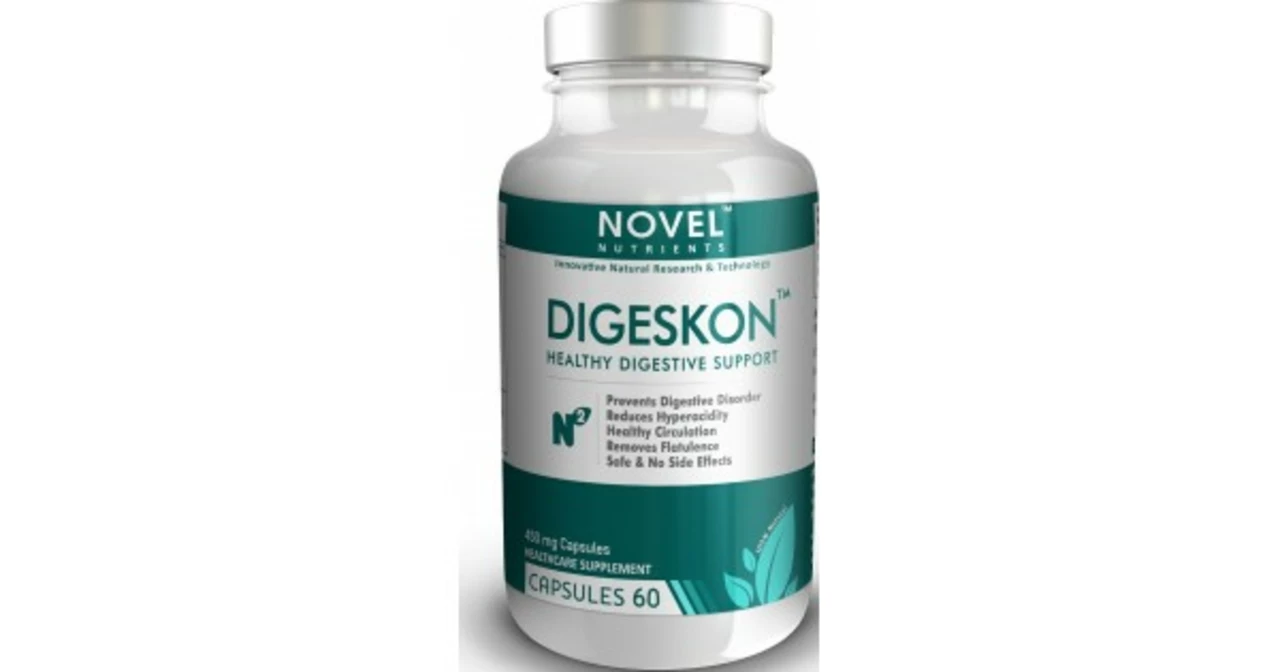Stress: Practical Relief, When Meds Help, and Safe Pharmacy Tips
Stress hits everyone, but it doesn't have to run your life. If your heart races, sleep is gone, or you're snapping at people, you need clear steps you can use today — not a lecture. Below are quick, proven actions, when to consider medication, and how to avoid risky online pharmacies.
Fast, reliable ways to lower stress today
Breathe. Try 4-6-8 breathing: inhale 4 seconds, hold 6, exhale 8. Do it three times when you're tense — your nervous system calms down fast. Move. A 10–20 minute brisk walk or a few bodyweight squats breaks the stress loop better than scrolling your phone. Sleep matters more than you think — aim for consistent bed and wake times. Cut caffeine after mid-afternoon; it makes anxiety worse for many people.
Structure helps. Make a short to-do list with just three items: one small win, one necessary task, and one thing that helps you recharge. Say no to extra obligations until your stress eases. Talk to someone — venting to a friend or a therapist reduces the load and gives perspective.
When to consider medication and what to expect
If anxiety or low mood interferes with work, relationships, or sleep for weeks, medication can be a good option alongside therapy. Common choices include SSRIs (like citalopram/Celexa) and SNRIs (like duloxetine), each with pros and cons. Some people prefer bupropion (Wellbutrin) for lower sexual side effects, while others need different options — talk with your prescriber about side effects and what matters most to you.
Medications take time. Expect 4–8 weeks to notice benefit for most antidepressants. Side effects often appear sooner and may fade. If a drug causes intolerable effects, there are solid alternatives — doctors commonly switch between related meds or try combos. Never stop abruptly; work with your prescriber to taper.
Supplements can help some people but aren’t a cure. Omega-3s (including newer sources like Calanus oil) show modest benefits for mood for some people. Be cautious with herbal products — tansy and similar herbs can be toxic in wrong doses. Tell your doctor about everything you take to avoid interactions.
Buying meds online? Be careful. Use licensed pharmacies that require a prescription, check for clear contact info, and avoid prices that look too good to be true. If a site skips prescriptions or hides credentials, walk away. Posts on this site review safe online pharmacy options and warn about risky vendors.
If stress feels overwhelming, you have panic attacks, or you’ve thought about hurting yourself, get help now. Contact local emergency services or a crisis line. Stress is common, and with the right mix of short-term tools, therapy, and sometimes medication, most people get back on track faster than they expect.
The Impact of Stress on Flatulence and Digestive Health
In my latest blog post, I explored the surprising connection between stress and digestive health, specifically focusing on flatulence. I discovered that stress can indeed exacerbate gas production, as it impacts the balance of gut bacteria and causes our digestive system to function less efficiently. Furthermore, I found that stress-related hormones can also contribute to bloating and abdominal discomfort. To improve our overall digestive health, I emphasized the importance of incorporating stress management techniques into our daily routines. Finally, I shared some helpful tips and remedies to alleviate gas and promote healthy digestion.
About
Health and Wellness
Latest Posts


Compare Aggrenox (Dipyridamole) with Alternatives for Stroke Prevention
By Marcel Kornblum Oct 27, 2025

Actigall (Ursodiol) vs Alternatives: What Works Best for Gallstones and Liver Issues
By Marcel Kornblum Dec 1, 2025

Phosphate Binders, Diuretics & Anticoagulants: Managing Kidney Disease Medications
By Marcel Kornblum Feb 4, 2026

